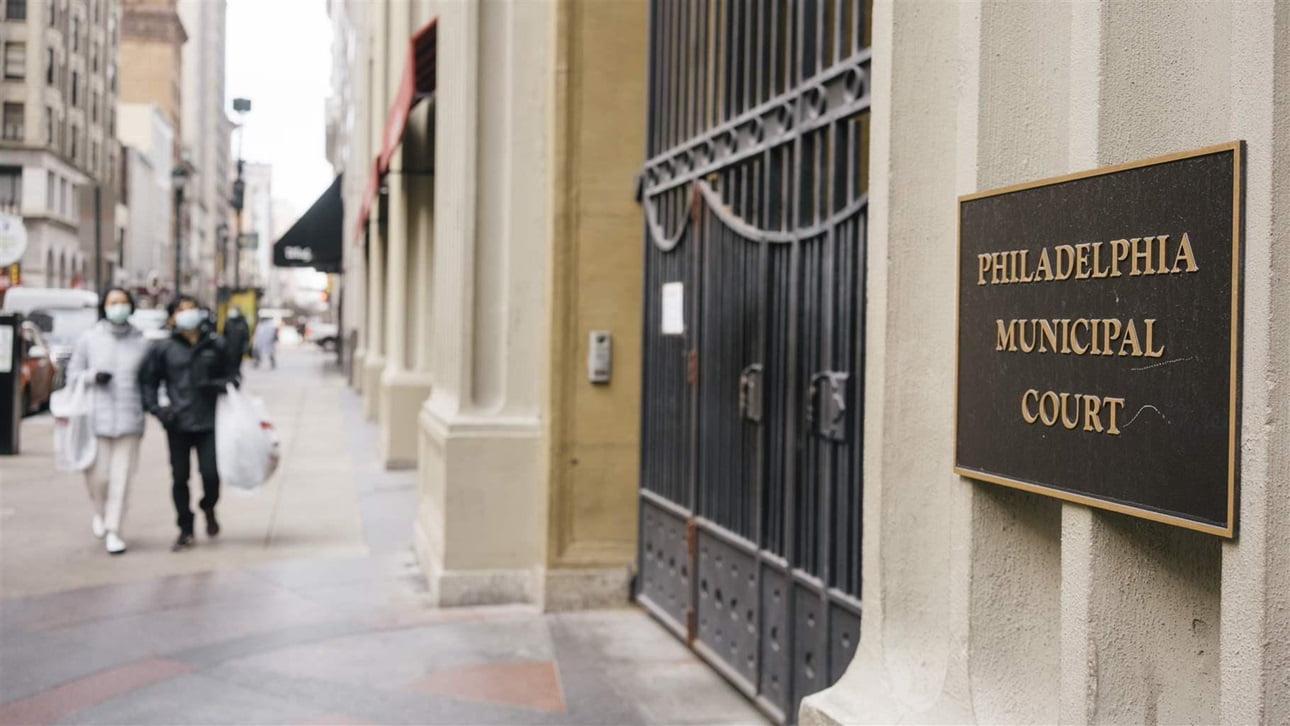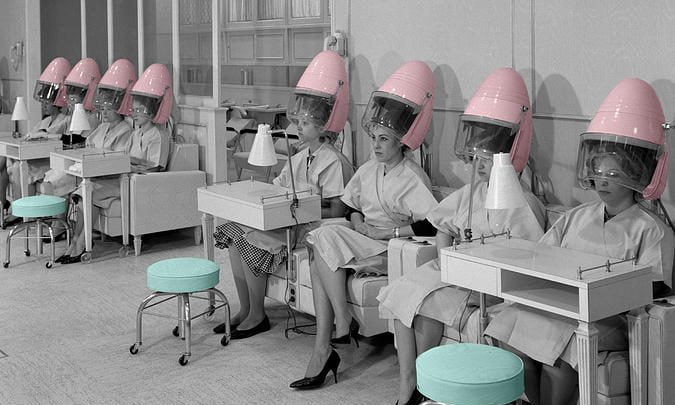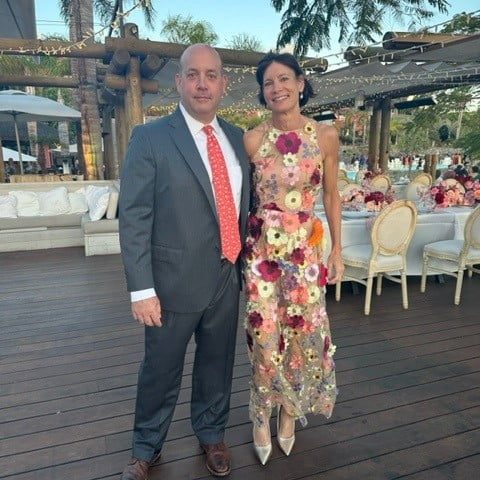Suing the City of Philadelphia and Other Municipalities

I recently received an inquiry from a caller from the internet who was hoping to force the City to clean up the Kensington neighborhood. This is not something you can sue over as the City has immunity for quality of life issues like this. Nevertheless, what is to be done? Kensington is a mess, an eyesore, a failure of our social compact where we pay taxes and the City maintains the City in good working order. If you don’t know what I am talking about, google tik toks on Kensington. It’s not pretty. When I asked a local Kensington resident if there were any positives or green shoots or hope, he said, well, there is no obesity epidemic here.
While Kensington is perhaps an outlier, this is a problem occurring in various forms in other cities. When opiods were ravaging Appalachia, it was less obvious or apparent. Now, homelessness and drug use are more apparent and the solutions remain unproductive or ineffectual.
Regardless, you can only sue the City of Philly, or Norristown, or Allentown for certain prescribed offenses. No matter how negligent an employee is, that does not open them to suit unless they are driving a city vehicle or failing to maintain property or sidewalks etc.
So, what are the requirement to sue the City or the Commonwealth? They are minimally different. To sue the City, you must have a sidewalk or real estate owned by the City that causes your injury or be hit by a City vehicle. Those are the popular ones in my caseload. For example, you are riding your motorcycle and hit a pothole and are injured. That’s a case. Or, you are at City Hall and a beam falls and hits you. That’s a case. Or you are walking past a City building and the sidewalk rises up and trips you. That’s a case.
But, that is not all. You have to give notice to the City within six months of the injury, have $2,500 in medical bills, and have “permanent impairment of a bodily function.” That is hard bar to meet. Fortunately, scarring meets this test. I had a client who suffered back scarring after a motorcycle crash and that met the test. Often, any surgery meets this threshold. But, this is a serious threshold to be evaluated before filing suit. Finally, damages against the City are capped at $500,000. In major cases, this is painfully unfair. In most cases, this is fine. However, if you are suing the Commonwealth, damages are capped at $250,000.
Finally, there has to be notice to the City of the defect. This is usually discoverable and is an important part of a lawyer’s work in these cases. You need to prove actual written notice of a defect to sue the Commonwealth, as opposed to constructive notice against the City. Actual notice is hard to establish. I have never failed to prove this, but it is still a high bar. Often, if a road is in poor shape or a sidewalk looks like it has never been repaired, you will be able to find complaints and that is actual notice. I had one case where drivers were complaining that driving on Vare Avenue was like playing a game of dodgeball because it was so pitted with holes. That is good notice to all involved.
Originally published Sept 26, 2023





 So, “how to” is the most searched term in the internet. Interesting right. It makes sense. How many of us have ever searched how to build a book of business? For lawyers and professional services businesses like CPA’s or architects, building a long-term book of business should be important if you want to succeed. There are rainmakers and the worker bees, but you can ensure a long career if you are a rainmaker and not a worker bee. Worker bees are fungible. It’s SAT word day here at Neuwirth Law.
So, “how to” is the most searched term in the internet. Interesting right. It makes sense. How many of us have ever searched how to build a book of business? For lawyers and professional services businesses like CPA’s or architects, building a long-term book of business should be important if you want to succeed. There are rainmakers and the worker bees, but you can ensure a long career if you are a rainmaker and not a worker bee. Worker bees are fungible. It’s SAT word day here at Neuwirth Law.






